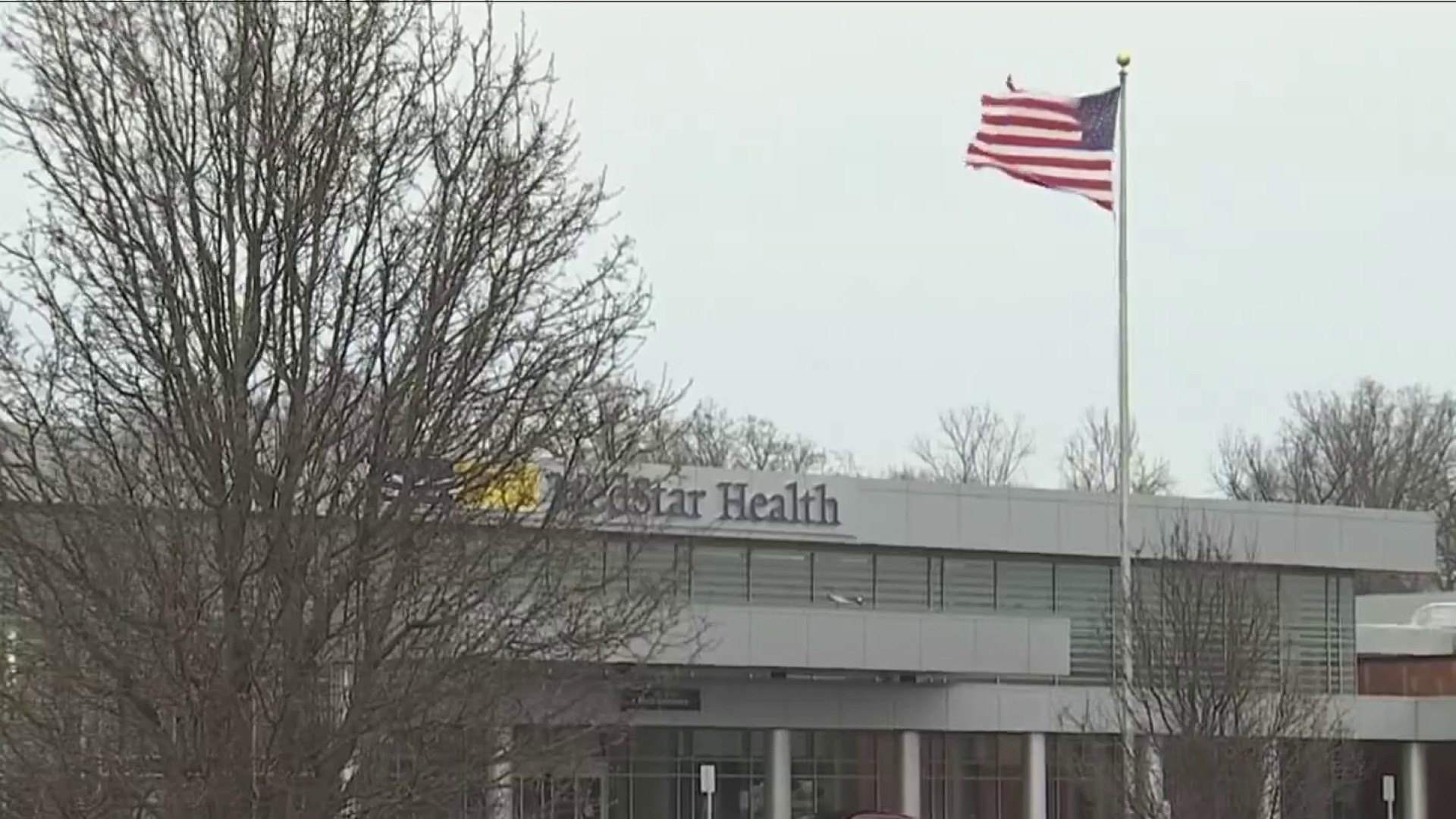When Sascha Roth of Northwest D.C. noticed bleeding as she went to the bathroom, she initially shrugged it off.
"It was a very good lesson of listening to your body," she told News4. "I was just going through my day to day. I didn't think anything of it, and I was like, 'I got this.'"
She would later be diagnosed with Stage 3 rectal cancer.
She's one of the more than 150,000 people diagnosed every year, according to the American Cancer Society. That makes colorectal cancer the third most common cancer in the U.S.
We're making it easier for you to find stories that matter with our new newsletter — The 4Front. Sign up here and get news that is important for you to your inbox.
Roth had a rare genetic mutation, which meant chemo likely wouldn't work for her.
She learned of a new immunotherapy that had never been used -- and decided to take a chance.
"I was patient number one, so I took a shot in the dark," she said. "This would be a life-saving trial for me."
Roth did her treatment at Memorial Sloan Kettering in New York, making the trip every month for the infusions.
The trial worked, and completely cured her. But it was also bittersweet. The news of her cure came the same week her mom died of breast cancer.
"[It was an] extreme juxtaposition of timing for me and also for the future of cancer, combined with what she was dealing with," Roth said.
Her dad died of brain cancer in 1999.
Her family is why Roth is passionate about giving back. She helps raise money for charities like Stand Up To Cancer, which funded her clinical trial.
She also wants to raise awareness about the importance of screenings.
"People either silently suffer, or they're embarrassed to go get a colonoscopy, and I think it's so important you really, truly advocate for yourself."
Dr. Priyanka Kanth, a cancer prevention doctor from MedStar Georgetown University Hospital says early detection makes a big difference.
"If the cancer is at stage one, you can possibly require surgery, but you don't really require any further treatment," Kanth said. "You can avoid all that morbidity from that."
It's an important reminder, as doctors continue their work to find cures.




